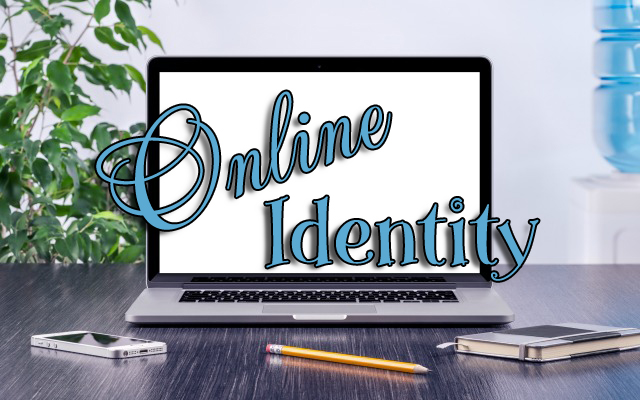Online Identity


Laptops, tablets, cell phones, passwords, updates, apps; we’ve got a million, or at least that’s how it feels. Let’s face it; the world is increasingly more digital as is the social landscape our children traverse. Snapchat is their world, Facebook is their now, Instagram is their reality. As their primary teachers, we are obligated to not just point out the potential dangers, but to very systematically teach our children how to craft and maintain an online identity that does not misrepresent nor act as a substitute for their true selves.
In my own family, my boys understand that mom is the official gatekeeper. Mom holds the devices and their passwords for the moment. However in the not too distant future they will hold the keys to their own digital spaces, and will roam the Internet without my oversight or my rules. Given all the new research being done about social media and its link to everything from depression to narcissism, parents now have to think not just about Internet safety, and who or what to avoid, but about online identities and who our children are trying to be in the virtual world.
![]()
First, we can help define what an online identity is. Just knowing that it is a real and definable thing is a great step for children. An online identity is one’s presence and activity in the digital space, and is often a path to one’s actual or civil identity. However, because of how easy it is to create such an identity (from opening an email account, to downloading an app, to creating a Facebook page), it is difficult for many persons, especially children, to view these interactions as a part of who they are. Our children are able to build an identity, preserved in cyberspace from start to finish, that the world can assess, access or even steal, and many times they don’t even realize it.
Secondly we can help children analyze the role and purpose of being online. I believe one of the most challenging things for young people to discern is why we have online identities. Without knowing why such a tool exists and the power that it holds, it’s very easy to unwittingly abuse it or even allow others to exploit it. Teens and adults alike rarely ask ‘why am I here and what will I do’ when entering a digital space and interacting with the rest of the world. Knowing one’s role and purpose helps with decision making and guarding one’s identity.

Finally, what we can do is help our children, no matter how young, to begin to think intentionally about the kind of identity they want and how to protect it. There are excellent resources online to help start the dialogue. In particular, I like to reference various articles found in a Digital Learning Day post found on the New York Times’ The Learning Network. This particular post, “Who Are You Online, Issues of Web Identity” not only features links to great articles, it provides links to lesson plans and discussion questions.
Whatever the approach, let’s commit to not leaving our children to navigate the issues of online identity on their own.
Latasha Strachan As a writer, teacher, and speaker, Latasha is driven by her desire to see women connect, inspire, and empower each other in God’s Spirit of love and unity. Her prayer is that women will become passionate about living free and honest lives through God’s power, mercy and grace. She and her husband Ian live in sunny Nassau, Bahamas and have shared just over a decade riding the phenomenal roller-coaster called ‘marriage’. They are on a wild yet fulfilling journey as they parent and homeschool three exceptionally energetic boys! You can visit her blog: www.latashastrachan.com.











































